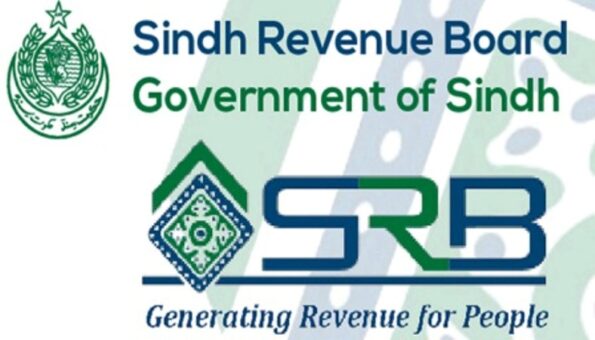KARACHI: The tax authorities have been recommended to collect adjustable advance income tax on sale of agriculture produce in order to broaden tax base.
Overseas Investors Chamber of Commerce and Industry (OICCI) in its proposals for provincial budget 2020/2021 submitted to Sindh government, recommended that adjustable withholding tax should be introduced on sale of agricultural produce, such as sugar cane, wheat, cotton and others.
The OICCI said that as per the constitution of Pakistan, right of taxing income lies with the federal government except income from agriculture which is taxable under the respective provincial laws.
Agriculture related activities contribute approximately 20 percent of the overall national production. However, the collection of agricultural income tax is estimated to be even less than 1 percent of total collection of Federal and Provincial taxes.
The disparities in tax levies between different incomes segments need to be addressed.
“Therefore Sindh government/revenue authorities should take appropriate measures to increase revenue collection from the agriculture sector.”
The original rationale of keeping agriculture out of tax net to facilitate small agriculturists is not applicable, due to non-implementation of land reforms, and the benefit of the tax exemption is being availed, as per common perception, by big landowners earning huge incomes and unscrupulous elements by transfer of income and wealth to businesses fronting as agriculture sector.
Some of the key issues related to agriculture income are identified as follows:
Principle of Non-Discrimination: In principle, income from all sources, including agriculture, if exceeding the minimum threshold applicable for other sources of income should be taxed without any discrimination.
Determination Basis: A transparent, easily understandable and applicable manner of determining such income should be designed.
Flexible Income Based System: The current agricultural income tax has effectively become a land tax, based on land holding, that leads to the perception that there is no tax on agricultural activities.
Identification and Linkage with National Tax Number: There is no identification of even the small number of agricultural income taxpayers as they are not on the national tax number (NTN) system.
The OICCI recommended:
Income Based System: At present, tax is payable on ‘land holding’ or ‘net income’ whichever is higher. However, the manner of determination of net income is complicated and therefore in almost 100 percent of the cases tax is received on land holding basis. Therefore taxability of income on land holding should be abolished and taxes collected on ‘net income basis’.
There are only around 10 to 15 agencies and enterprises which acquire such crops. The advance tax should be adjustable against income tax payable on net income basis. Rates of withholding and the threshold for the same should be aligned with other products – for example any payment exceeding Rs 25,000 should be subject to advance tax at the rate of 1 to 3 percent as the case may be. Federal taxation system may be used for such collection on behalf of the provincial government in the same manner as is being done in other cases by the provincial government.
Link and Interface with the National Tax Number: All persons holding land should be required to obtain a Provincial Tax Number (PTN), like the NTM maintained by FBR, modified by adding one or two digits so as to identify that source of income is agriculture.
Definition of Agricultural Activity: Definition of agricultural income should be amended to include all agricultural activities like non-corporate dairy farming, poultry etc.
Rent for the Use of Agricultural Land: Under the specific provision, the rent for use of agricultural land, which is general practice, especially for large landowners, is an agriculture income. There is effectively no mechanism to ensure completeness of recovery of taxes from such receipts. Such rent income should be subject to same rate of tax as is currently in vogue on property income under the FBR system.



